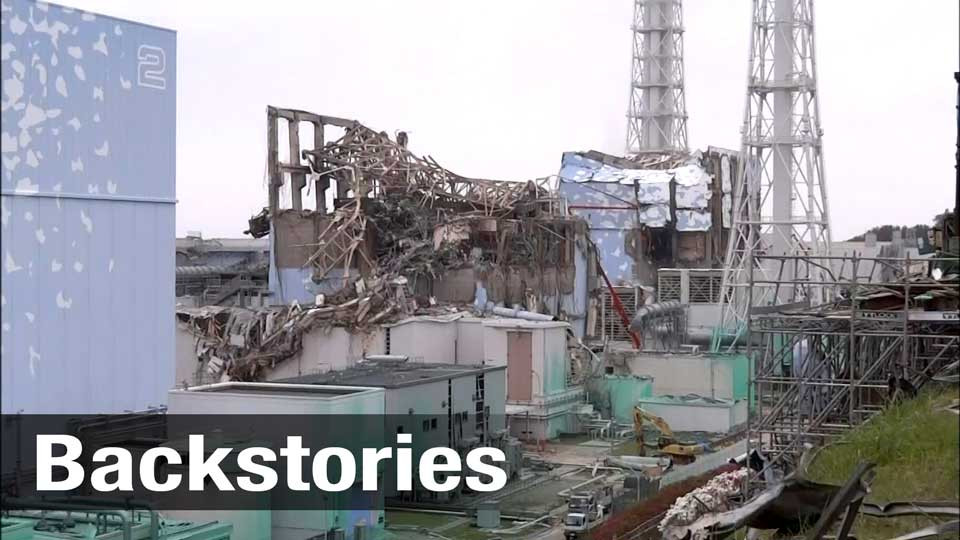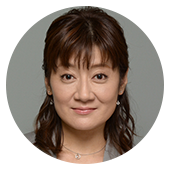The executives are Tsunehisa Katsumata, the chairman of TEPCO at the time of the accident; and two former vice presidents, Ichiro Takekuro and Sakae Muto. The judge acquitted them on charges of professional negligence resulting in deaths and injuries.
Triple meltdown
On March 11, 2011, a powerful earthquake off northeast Japan triggered a tsunami. The enormous waves swamped Fukushima Daiichi nuclear plant, knocking out power and causing three reactors to melt down.
The disaster led to massive evacuations in the area. Some elderly patients at a local hospital that lost power ended up in freezing conditions and had to be moved by bus. Nurses say that contributed to several deaths on the way. Plaintiffs say the executives were responsible for 44 deaths in all.

After the public prosecutors' decision not to indict the three men, a special judicial panel supported a public call for the case to go ahead. Court-appointed lawyers indicted them in 2016.
Was the accident predictable?
The focus of the trial had been on whether the accident could have been predicted and, if so, whether it could have been prevented.
Court-appointed lawyers served as prosecutors and requested five-year prison sentences for all three defendants. The defendants all pleaded not guilty.

Judges said the company could have been able to predict the massive tsunami. But the court sided with the executives in the end, saying there was not enough evidence to prove that they were responsible for halting the plant's operation.
The presiding judge said both the regulations and a state review at the time didn't assume that the operator had to secure the absolute safety of the facility. He concluded that the defendants are not criminally responsible, even though they were in a position to bear responsibility for the company as executives.
After the verdict
Fukushima residents reacted with a mix of anger and frustration after the ruling.
One woman who had to be evacuated said her life has been thrown into chaos, and the not-guilty verdict is unbelievable.
A man whose father died after being evacuated from a hospital said, "Who's going to take responsibility?"

Former chairman Katsumata issued a statement after the ruling, saying, "As someone who served as TEPCO's president and chairman, I am deeply sorry and apologize to people who were greatly affected by the Fukushima Daiichi accident."
Separate accident investigation panels from the government, the Diet and the private sector have concluded that TEPCO failed to implement sufficient measures to respond to a tsunami.
Sakon Uda, a member of the Diet panel, told NHK that not only local residents, but also people nationwide, would be very worried if executives are not held responsible just because they cannot predict an event. He said TEPCO still has a long way to go if it's to regain the public's trust.

